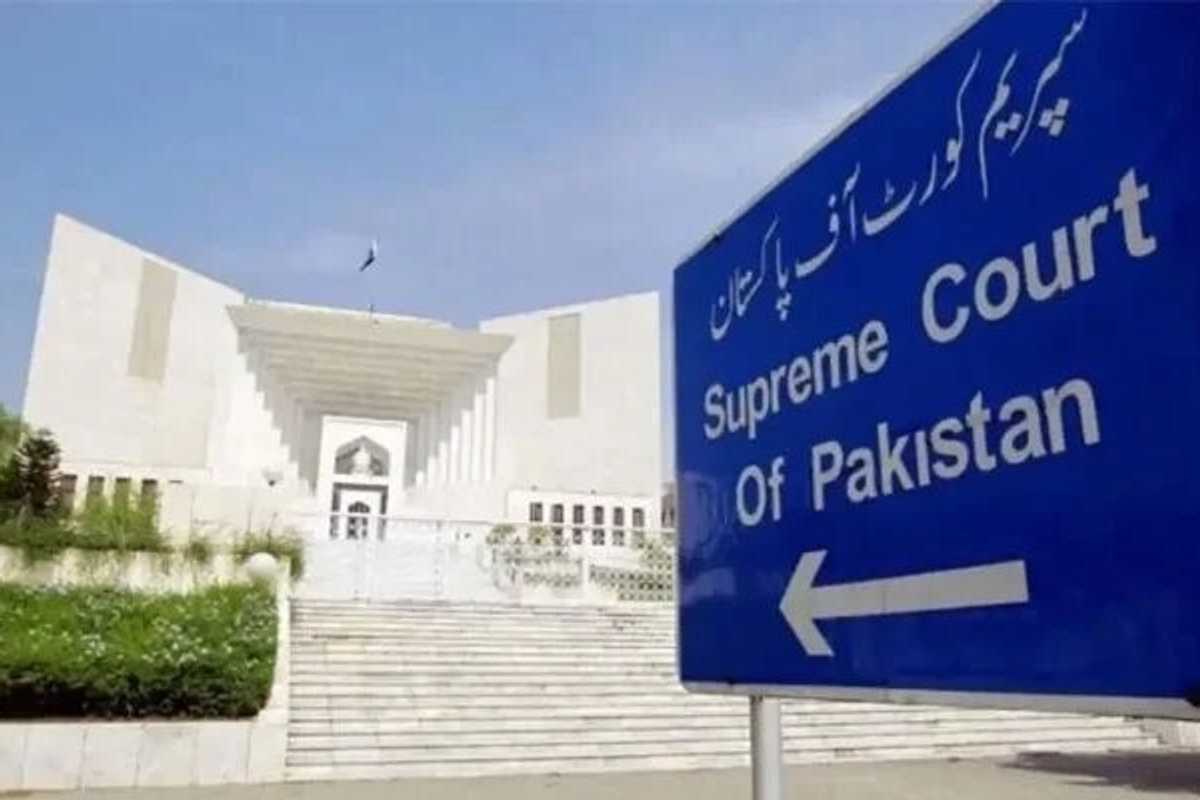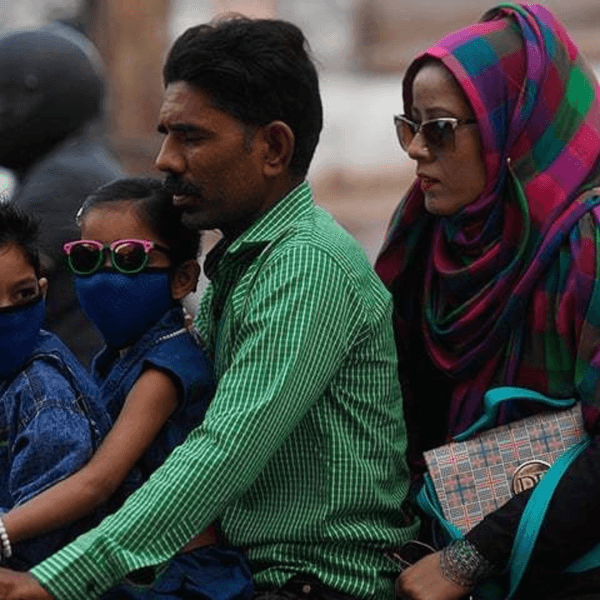Pakistan court reviews constitutionality of ruling on reserved seats for Khan ally
Supreme Court resumes reserved seats case; to continue hearing on Tuesday
Islamabad Desk
The Islamabad Desk reports on political affairs, policy decisions, and governance issues from Pakistan’s capital.

Pakistan’s Supreme Court resumed on Monday hearing on a high-stakes case to review its earlier ruling that awarded reserved parliamentary seats to the Sunni Ittehad Council (SIC), the party that PTI-backed independent candidates joined after the 2024 general elections.
An 11-member constitutional bench, whose proceedings are being broadcast live, is hearing review petitions filed by the Election Commission of Pakistan (ECP), the Pakistan Muslim League-Nawaz (PML-N), and the Pakistan People’s Party (PPP). These petitions challenge the apex court’s July 12 ruling that granted reserved seats to SIC, despite procedural lapses.
The legal crux of the case lies in whether independent candidates backed by PTI — who ran without a party symbol after the party was barred from using its cricket bat icon — could later join SIC and claim reserved seats proportionally.
The hearing
During Monday’s hearing, SIC counsel Faisal Siddiqi defended the court’s earlier majority ruling, calling it a corrective to political exclusion.
“The reserved seats verdict balanced the scales,” Siddiqi told the bench. “I’m neither backing PTI nor SIC -- I stand with the Court’s majority decision.”
He maintained that PTI and SIC shared a “common interest,” a point met with skepticism by members of the bench.
“If your Constitution and party structure differ from PTI, how can the interest be the same?” asked Justice Muhammad Ali Mazhar.
Justice Jamal Khan Mandokhail questioned the voluntariness of the PTI-backed independents’ move to join SIC.
“Did anyone say, ‘I had no choice’? Was any excuse made at all?” he asked.
The judges also scrutinized the constitutional basis for the original ruling.
“If the returning officer lacked authority to declare someone independent, how could the Supreme Court assume that role?” Justice Mandokhail asked, referencing the now-invalidated Rule 94 of the Election Act.
Justice Mansoor Ali Shah’s prior opinion -- that political circumstances had forced the independents to join SIC — was cited in court. Siddiqi responded that the majority decision had deemed such individual context irrelevant to the broader constitutional question.
The issue of documentation also arose. Only 14 candidates had submitted PTI party certificates when filing nominations, yet the court had accepted that 39 were affiliated.
“We imagined they filed the papers and the process failed somewhere,” Justice Mandokhail remarked.
Despite the skepticism, Justice Salahuddin Panhwar called the original judgment a form of “justice” for PTI, suggesting it addressed political unfairness.
Meanwhile, the court allowed the Khyber Pakhtunkhwa government and KP Assembly speaker to join the case, despite objections from the attorney general who noted they were not part of the original litigation in the Peshawar High Court.
The hearing will continue on Tuesday, with Siddiqi expected to conclude his arguments.
Background to the controversy
The dispute traces back to the 2024 general elections, when the ECP barred PTI from using its iconic cricket bat symbol due to internal procedural violations. PTI-backed candidates contested as independents and won a significant number of seats. After the elections, over 80 of them joined the SIC, a little-known religious party.
The SIC then requested proportional representation on reserved seats for women and minorities in national and provincial legislatures — a right granted to political parties under Pakistan’s Constitution. However, the ECP rejected the request, saying SIC had failed to submit a list of reserved candidates before the election, a mandatory constitutional requirement.
That decision was upheld by the Peshawar High Court, but overturned by the Supreme Court in an 8–5 ruling on July 12, which critics said overstepped constitutional limits. Legal experts and rival parties accused the court of judicial overreach for creating a 15-day post-election window for independents to join a party — a provision not found in Article 51(6) of the Constitution, which only allows a 3-day window.
Review petitions were soon filed by the ECP, PPP, and PML-N, challenging not only the allocation of seats but also the legal basis of the judgment itself.
*Reporting by Huzaifa Rathore







Comments
See what people are discussing